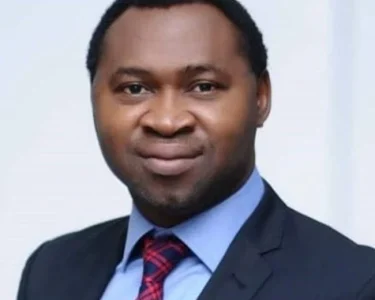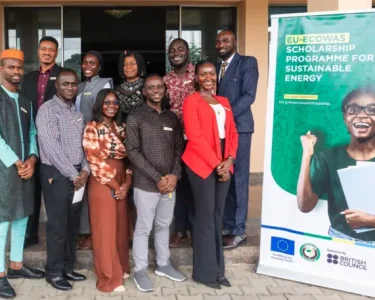Terragon Group said it is ready to solve Africa’s data problems, provide robust customer software and rich data analytics capabilities with innovations that have the African mobile user in mind.
The Chief Executive Officer of Terragon Group, Elo Umeh in a statement said: “Terragon is committed to achieving its strategic objectives of using data to drive outcomes in Africa. In 2018, it acquired an Asian marketing technology firm, Bizense, which consolidated its position as one of the leading global digital companies.
With its proprietary technology, it provides custom integration on both the demand and supply side of the mobile marketing technology value chain to multinational and local brands in Africa.”
According to him, “Some of the benefits of using Terragon’s data and martech services are access to large data sets, audience buckets which gives insights on consumers, conversion of leads to clients, tracks user journey, measures success rate and outcomes, private customer data platform (CDP) which allows brands and businesses gain relevant insights on their customers, enabling them to stack up and grow the profile of their customers.
Its proprietary marketing technology, Adrenaline, also unlocks value for businesses using insights to reach Africa’s mobile users. Adrenaline can reach over 80 million Nigerians through online and offline channels to drive targeted awareness, promote engagement and increase conversion and retention rate. Adrenaline is currently the only technology that has the capability of tracking users from online to offline in Africa.”
Umeh further noted that brands and businesses, who need access to large data sets of mobile users for superior performance for awareness, engagement, conversion, and retention with guaranteed outcomes, needed to switch and work with the latest technology that Terragon offers Africa.
Citing a recent statement by the Nigerian Communications Commission (NCC), the telecoms industry regulator, that Nigeria’s internet usage in 2018, reached 93.3 million users, Umeh said the statistics displayed a mixed blessing for a country of over 190 million people with a median age of 18 years.
“It is the case of the cup being half full and half empty at the same time. The half empty view highlights the majority population of youths and sees them as a huge challenge to meet their internet needs such as video streaming, downloads, social media, and email communication among others. These needs will require an urgent and massive commitment in infrastructure investment.
“On the other hand, the half-full scenario represents an opportunity to meet the needs of the huge youth population by stepping in to provide the solution. According to the Global Broadband Speed League, Singapore has the highest internet speed in the world while the countries with the slowest internet speeds are in Africa. Nigeria is rated at a low 114 Mbps,” Umeh said.




